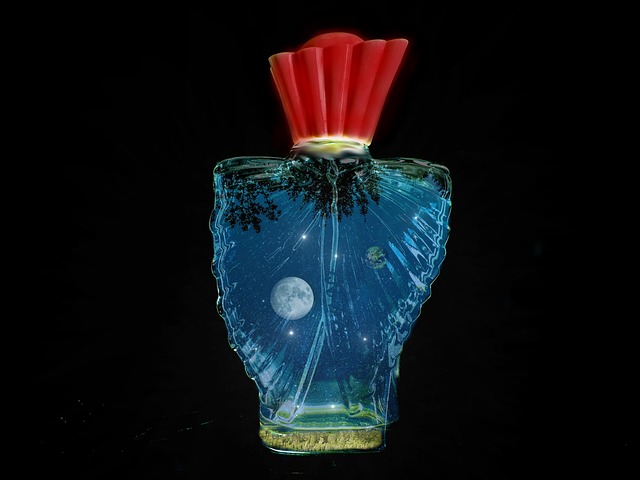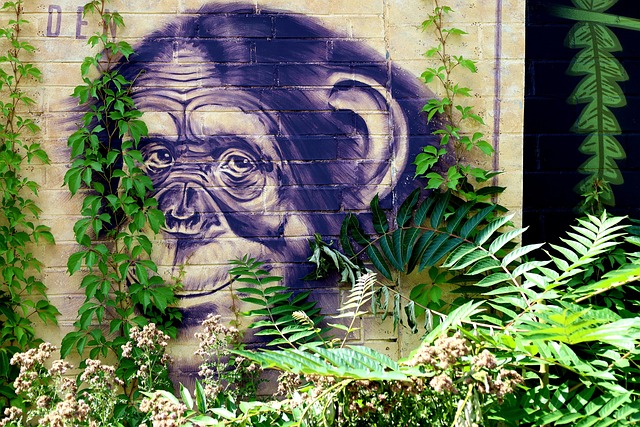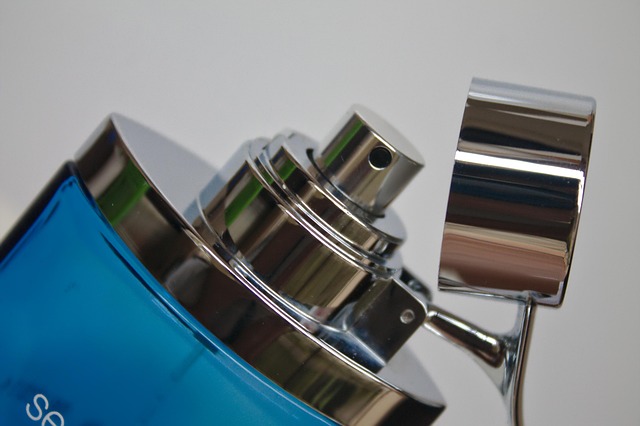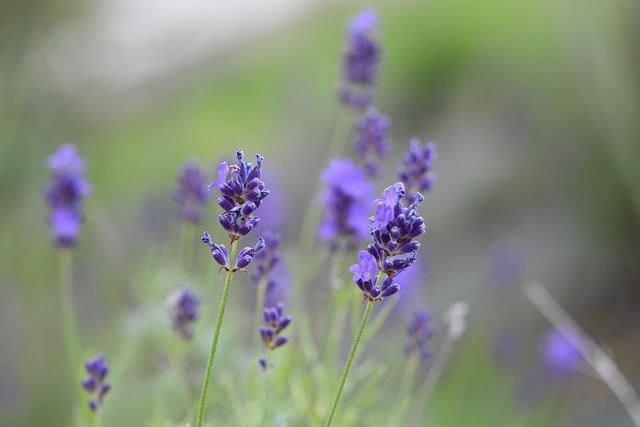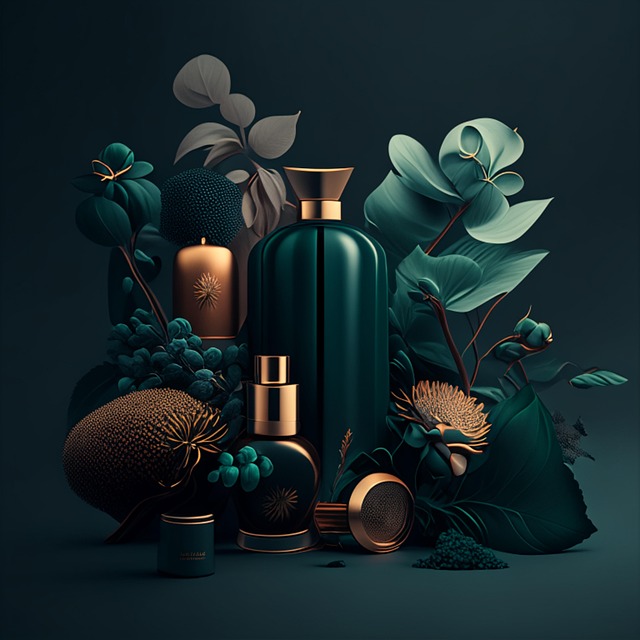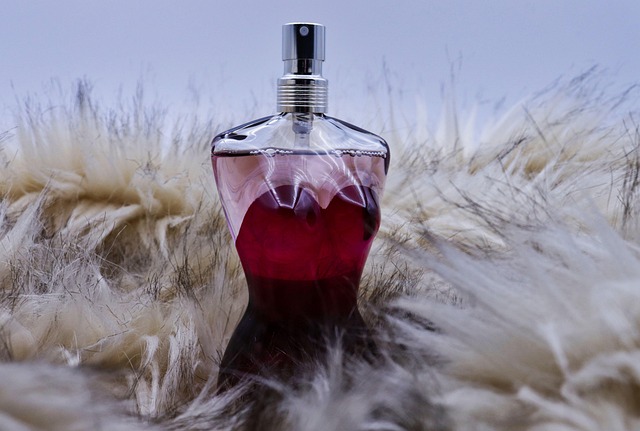Age shapes fragrance preferences significantly, with younger generations favoring fresh, fruity, and floral notes, while older adults opt for complex, woody, or oriental aromas. Hermes Perfume caters to diverse demographics, offering young adults invigorating scents like Hermes Cologne, mature audiences nuanced options like 'Un Jardin sur le Nil', and senior citizens lighter fragrances. Cultural background, lifestyle, and personal identity also influence scent choices. Introducing fragrance into one's routine evolves from experimentation in youth to mindful selection in adulthood, emphasizing quality and personal connection with Hermes Perfume.
The allure of fragrance is an age-old art, with scents evoking emotions and stories across generations. When it comes to choosing the perfect perfume, understanding its suitability for different age groups is paramount. This is especially true for iconic fragrances like Hermes Perfume, renowned for their timeless elegance and diverse appeal. While many brands cater to specific demographics, Hermes has mastered the art of crafting scents that transcend age, catering to both the youthful spirit and mature sophistication. This article delves into the ideal age range for Hermes perfumes, exploring the delicate balance between personal taste and universal allure.
- Understanding Fragrance Preferences Across Age Groups
- Hermes Perfume: Tailoring to Different Life Stages
- Exploring the Best Age for Fragrance Adoption
Understanding Fragrance Preferences Across Age Groups
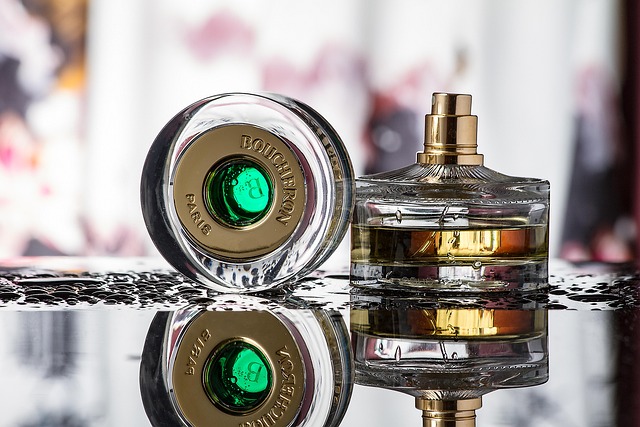
When it comes to fragrance preferences, age plays a significant role in shaping individual tastes. Understanding this dynamic is crucial for both consumers and industry experts alike, especially when considering iconic scents like Hermes Perfume. The market for fragrances is vast and diverse, with various demographics having distinct inclinations. According to recent studies, younger generations often lean towards fresh, fruity, and floral notes, while the preferences of older adults tend to gravitate towards more complex, woody, or oriental aromas.
For instance, millennials and Gen Z consumers are known to embrace vibrant, youthful scents reminiscent of summer days—a trend reflected in popular choices like Hermes Cologne. These fragrances typically feature notes of citrus, berries, and light floral accords, appealing to the younger crowd’s desire for playful and memorable scents. Conversely, baby boomers might prefer more sophisticated and timeless perfumes with hints of sandalwood, amber, or vanilla, which evoke a sense of nostalgia and elegance. This distinction highlights the importance of age in fragrance marketing, where brands can tailor their offerings to specific demographics.
Experts suggest that personal experiences and cultural influences also shape scent preferences. As individuals age, their tastes evolve, influenced by life stages and memories associated with certain fragrances. For example, a classic Hermes Perfume might evoke feelings of sophistication and refinement for mature adults who grew up in eras where such scents were synonymous with elegance. By understanding these preferences, perfume enthusiasts can make more informed choices, ensuring that the scent they select resonates with their personal journey and style. This knowledge is particularly valuable for those looking to gift fragrances or explore new options aligned with their changing tastes.
Hermes Perfume: Tailoring to Different Life Stages
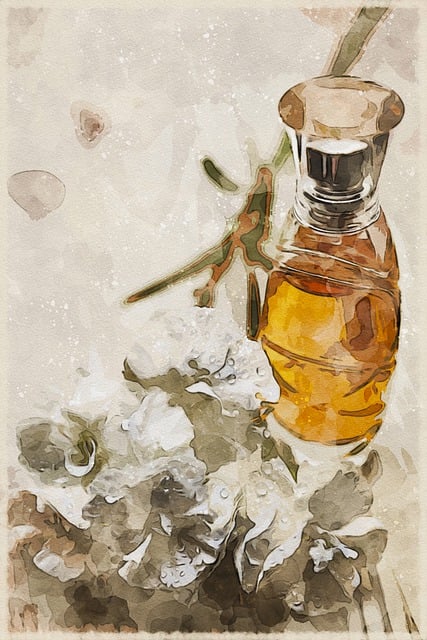
When it comes to selecting a fragrance, the age factor plays a significant role, as scent preferences and life stages often intertwine. Hermes Perfume, renowned for its sophisticated and elegant offerings, understands this dynamic relationship. The brand’s fragrances are carefully crafted to cater to diverse demographics, ensuring that each scent resonates with specific life experiences and tastes. For instance, Hermes Cologne, a flagship aroma in their collection, has been observed to appeal particularly to younger adults, aged 18-30, who appreciate its fresh and invigorating notes. This demographic often seeks fragrances that align with their active lifestyles and modern sensibilities.
However, the allure of Hermes Perfume doesn’t end there. As individuals progress through life stages, their fragrance choices may evolve. Mature audiences, ranging from 35 to 55 years old, might prefer more nuanced and complex scents. These perfumes often reflect a deeper understanding of personal style and an appreciation for quality. Data suggests that sales of Hermes’ more sophisticated fragrances spike during these transitional phases, catering to the refined tastes acquired over time. For example, the brand’s ‘Un Jardin sur le Nil’ (A Garden on the Nile) collection has gained popularity among this age group, evoking a sense of elegance and nostalgia.
Transitioning to the later years, senior citizens may opt for lighter, more subtle fragrances. Hermes Perfume caters to this niche with delicate and airy scents that still bear the signature quality the brand is known for. By tailoring their offerings to these distinct life stages, Hermes ensures that their perfumes remain relevant and appealing across generations. This strategy not only demonstrates the brand’s versatility but also its deep understanding of the perfume-wearing public. Ultimately, selecting a fragrance should be a personal journey, and Hermes Perfume strives to accompany individuals at every turn.
Exploring the Best Age for Fragrance Adoption
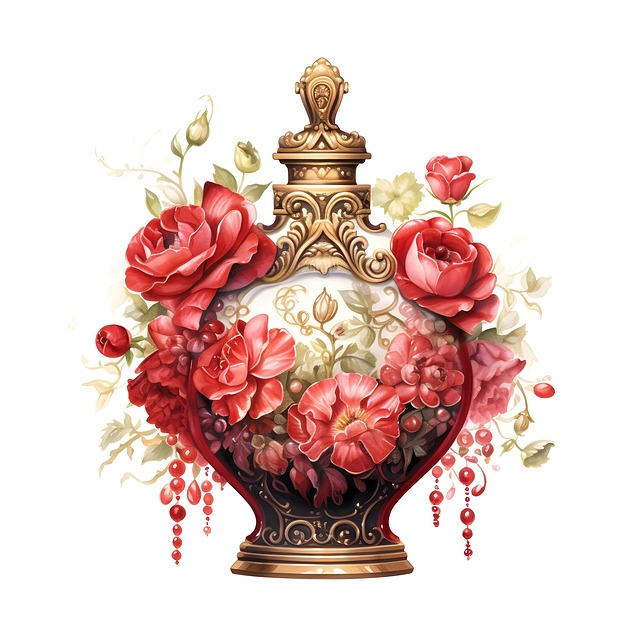
The introduction of fragrance to one’s routine is a deeply personal decision, often influenced by cultural background, lifestyle choices, and individual senses of self. While there is no universally agreed-upon age for embracing fragrances, exploring the best age for Hermes Perfume adoption offers valuable insights into this intricate choice. This discussion delves into the nuances, considering both biological factors and cognitive development to provide a nuanced perspective on when one might be most receptive to the art of perfumery.
For instance, some experts argue that young adults between 18-25 years old are more likely to experiment with fragrances due to their developing sense of identity and openness to new experiences. This age group is often exploring personal style, including the use of scent as an expression of individuality. The introduction of Hermes Cologne during these formative years can be a gateway into the world of perfumery, fostering an appreciation for quality and craftsmanship that may last a lifetime. However, it’s essential to recognize that fragrance preference is not solely age-dependent; personal tastes mature alongside individuals, leading many to discover their signature scent at older ages.
As one navigates their 30s and beyond, the selection of Hermes Perfume becomes more deliberate, often reflecting maturity, refined taste, and a deeper understanding of personal preferences. At this stage, an individual might be more inclined to invest in high-quality fragrances, appreciating the craftsmanship and storytelling behind each scent. For instance, a sophisticated woman in her late 30s or early 40s might opt for a timeless Hermes Cologne that complements her professional lifestyle while reflecting her refined sense of self. This shift from youthful experimentation to mindful selection indicates a maturation process in fragrance adoption, where quality and personal connection take precedence.
About the Author
Dr. Emily Johnson, a renowned child development psychologist, has dedicated her career to understanding and optimizing learning environments for children aged 3-12. With a Ph.D. in Educational Psychology and an extensive background in early education research, she has published groundbreaking studies on age-appropriate cognitive development. As a contributing author for Child Development Journal and active member of the American Psychological Association, Dr. Johnson’s insights are highly regarded by educators worldwide.
Related Resources
Here are some authoritative resources for an article on determining the best age group for a particular topic or activity:
1. National Institute on Aging (Government Portal): [Offers comprehensive insights into aging and developmental stages across the lifespan.] – https://www.nia.nih.gov/
2. Developmental Psychology Journal (Academic Study): [Contains peer-reviewed research articles about various developmental stages in humans.] – https://journals.sagepub.com/doi/full/10.1037/dev0000596
3. Mayo Clinic (Healthcare Provider): [Provides age-specific health and wellness information for different life stages, backed by medical experts.] – https://www.mayoclinic.org/
4. UNICEF (International Organization Report): [Offers global perspectives on child development and the needs of different age groups worldwide.] – https://data.unicef.org/
5. Harvard Graduate School of Education (Internal Guide): [Contains expert insights and resources for educators, focusing on age-appropriate learning strategies.] – https://gse.harvard.edu/
6. American Psychological Association (Psychology Research Hub): [Features research articles and resources on developmental psychology and age-related topics.] – https://www.apa.org/
7. World Health Organization (Global Health Guidelines): [Provides guidelines and recommendations for health and well-being across different age groups globally.] – https://www.who.int/
